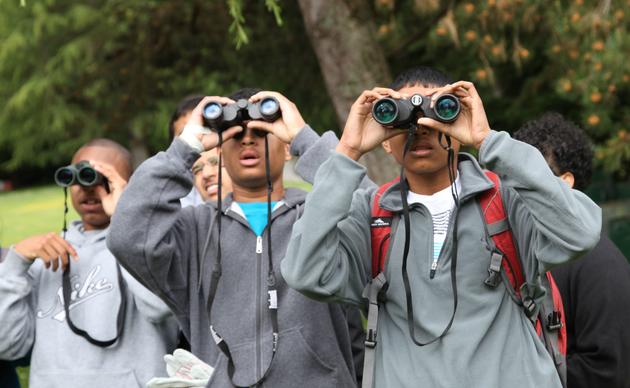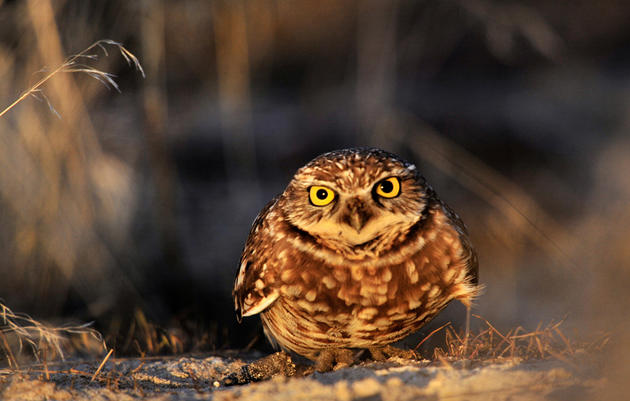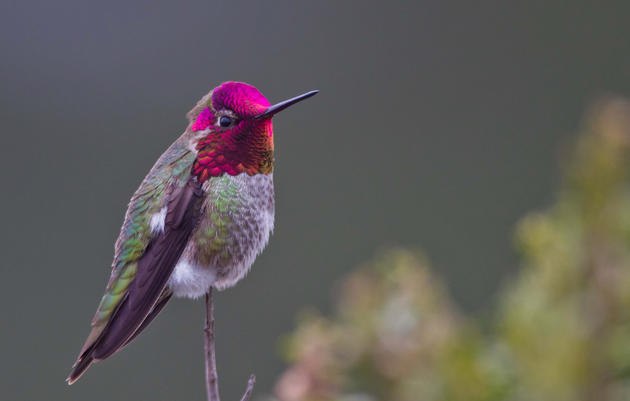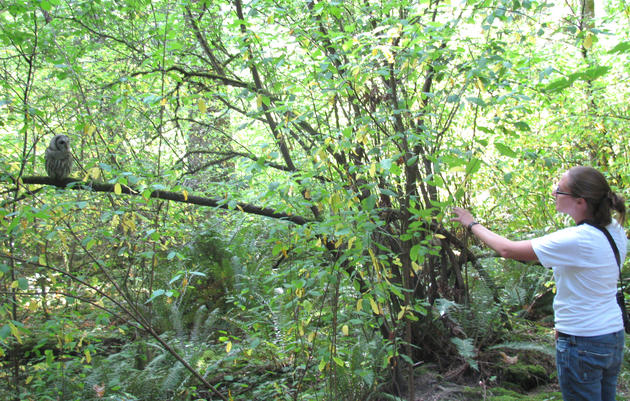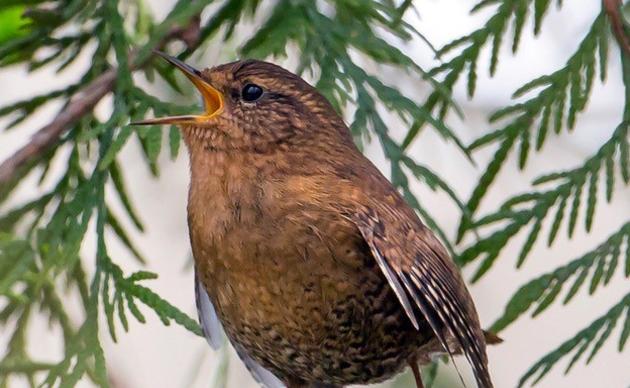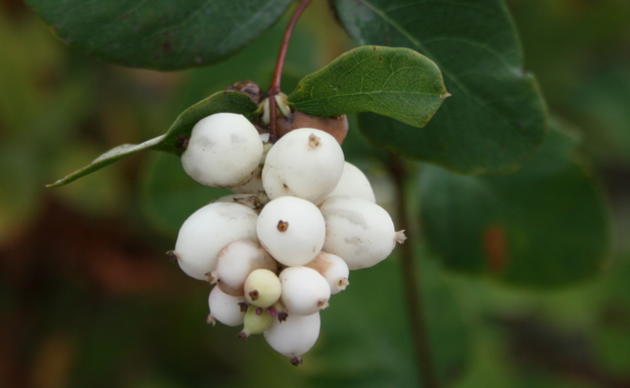Plants for Birds from Audubon.org on Vimeo.
Native plants are critical for the support of biodiversity. They provide seeds, berries, and nectar for pollinators like birds, moths, and butterflies, and support an incredible variety of insects compared to non-native species. They conserve water resources, since they are adapted to regional water and soil conditions. Natives also do not require fertilizers or pesticides, unlike lawns--which on average use 10 times more chemical pesticides than farms.
The age of the suburban lawn is on its way out. Sadly, 30-60% of urban fresh water in U.S. cities is used for watering lawns. Homeowners are beginning to recognize the ecological harm of maintaining a yard of grass, and are embracing native plants for their inherent benefits.
With Audubon's extensive network of scientists, chapters, and centers, we plan to create the world's largest bird sanctuary by turning lawns into native plant gardens. Our goal is to engage 1 million people and 1 million acres of land in this movement towards restoring native plant habitat. Check out Audubon's Native Plant Database to find a list of the best plants for birds in your area as well as local resources for where to find these plants in your area.
Related
How you can help, right now
Get Involved
We rely on the talents of our volunteers to promote the efforts of the Center. Whether you're a budding naturalist or an organized decision-maker, we need you!
Get Native
Incorporating native plants into your yard or balcony garden provides important habitat for birds and promotes biodiversity.

